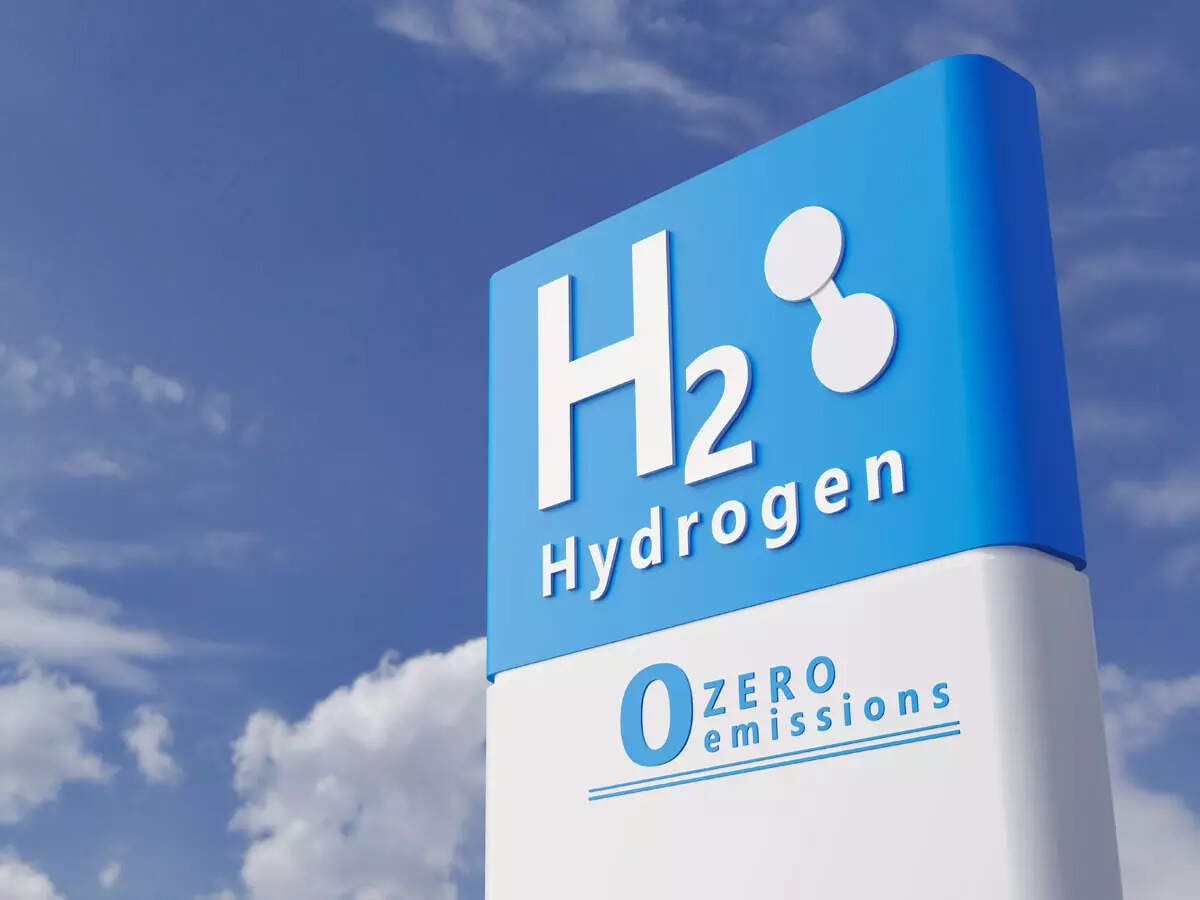
India’s state-run oil and gas companies are targeting to build a combined green hydrogen generation capacity of 38,000 tonnes per annum by the next financial year, according to a government panel report.
The planned green hydrogen facilities would require setting up a combined electrolyzer capacity of 279 MW by 2024-25, according to the energy transition advisory committee of the petroleum ministry. Of this, Hindustan Petroleum is planning to have 115 MW capacity at its refineries in Visakhapatnam and Barmer. Gas pipeline operator GAIL is targeting a capacity of 60 MW while Indian Oil, the nation’s largest refiner, aims to develop a capacity of 56 MW at its Mathura and Panipat refineries.
Bharat Petroleum is targeting 25 MW capacity while Numaligarh Refinery and Mangalore Refinery & Petrochemicals are aiming for 20 MW and 3 MW respectively.
India is placing a big thrust on green hydrogen in its energy transition plan. It aims to develop green hydrogen production capacity of at least 5 million metric tonnes per annum by 2030, which would involve an investment of Rs 8 lakh crore.
State-run oil and gas companies are expected to play a key role in setting up green hydrogen capacity since they are already a big producer and consumer of non-green hydrogen. Hydrogen producing capacity of state-run and private-sector refiners is projected to rise 85% to 2.5 million tonnes per annum by 2030 from 1.4 million tonnes per annum in 2020, according to the transition committee report. Indian Oil is projected to have the highest capacity of 825,000 tonnes per annum by 2030. Reliance Industries is projected to have a capacity of 529,000 tonnes per annum and HPCL of 302,000 tonnes per annum.
In India, 99% of the total demand for pure hydrogen comes from refineries and fertilizer makers. Indian refiners use about 2.1 million tonnes of hydrogen, and the ammonia sector uses about 3.1 million tonnes annually, according to the committee.
About 20 green hydrogen projects exist or have been announced across the world with a combined capacity of about 230 GW, according to the committee.
The challenges for scaling up the green hydrogen market include cost, technology maturity, efficiency, renewable electricity, and regulatory uncertainty, the committee said.

